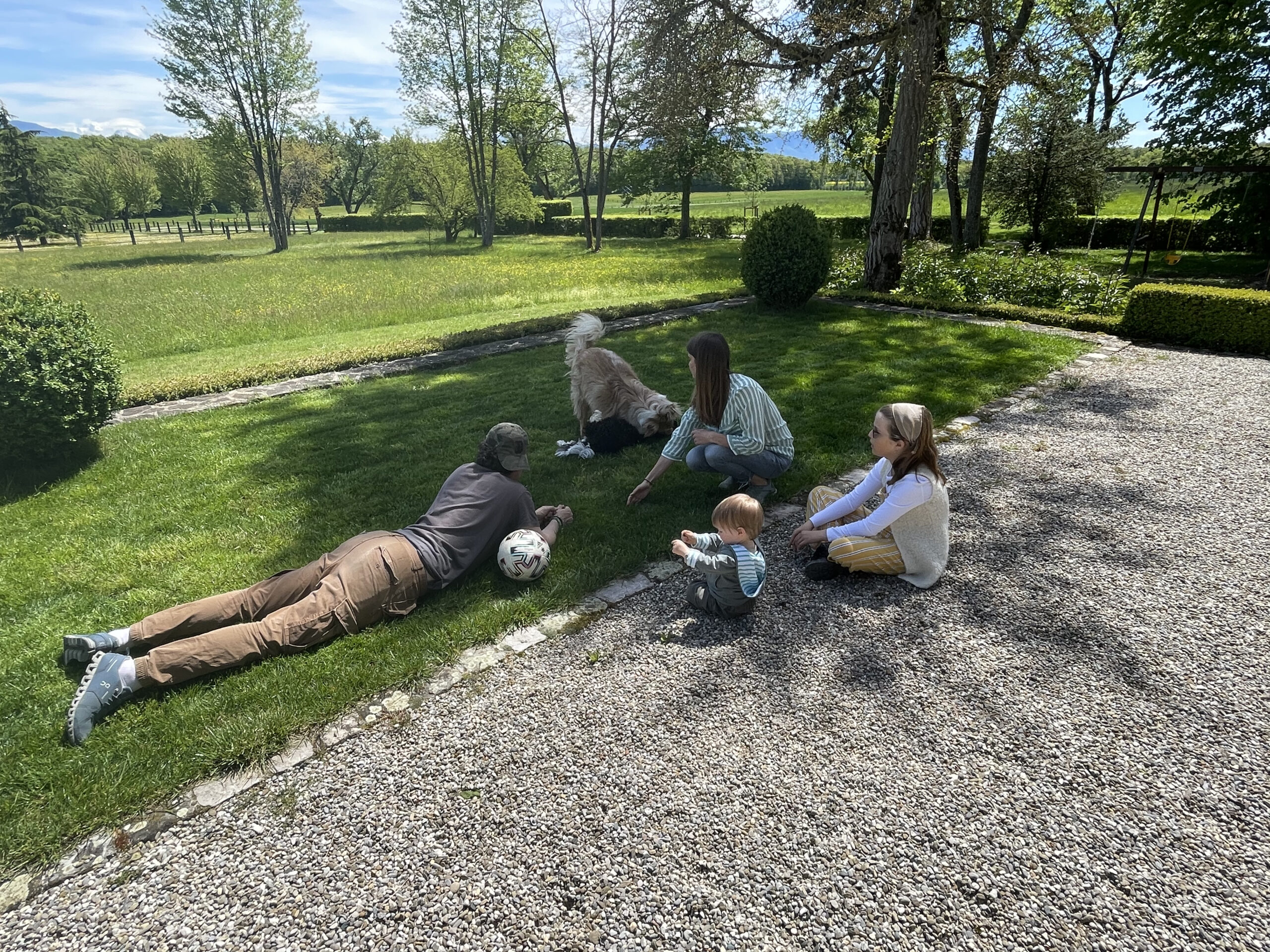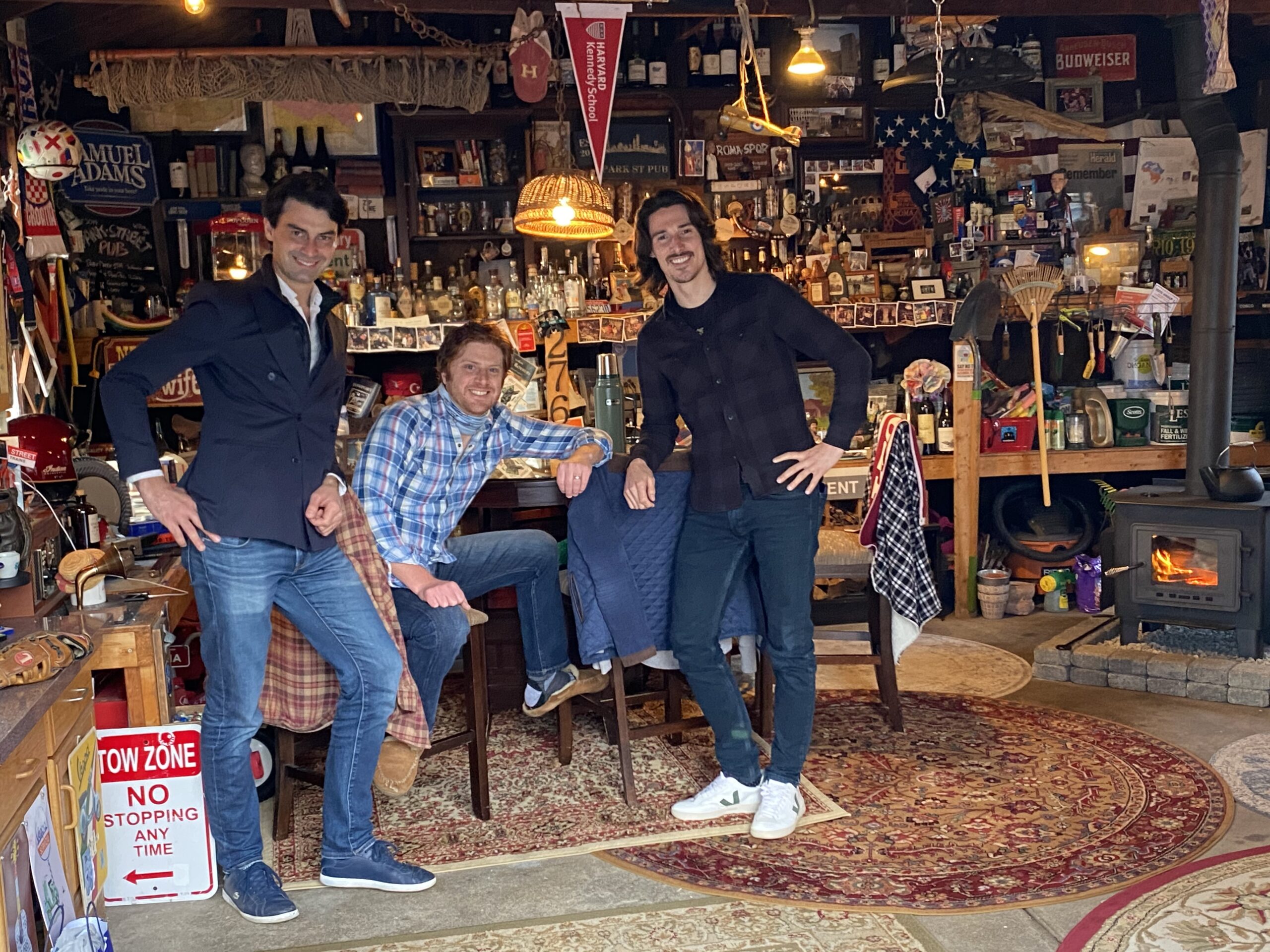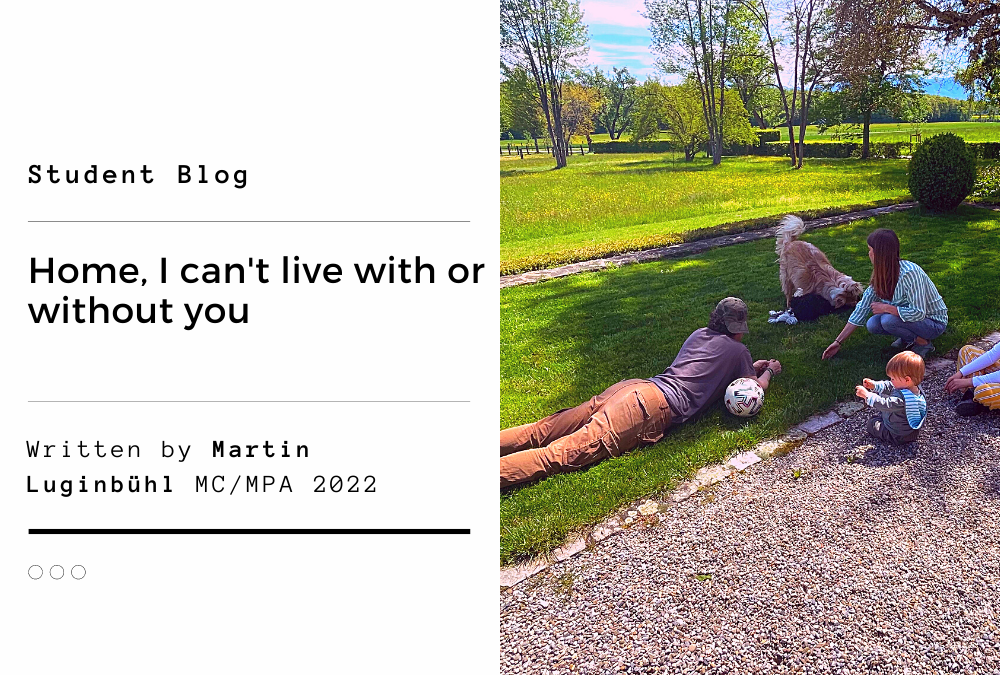Written by Martin Luginbühl (MC/MPA)
Longing for it when I’m away, but ready to leave soon after I’m back. How do I juggle homesickness and the call of the world?
Home for me is a horse farm just outside of Geneva called “Veytay” which, translated from old French, means “Old Lime Tree”. Many such trees are spread over the estate which has been in my family for more than 100 years. I’m part of the fourth generation to grow up there and I consider myself lucky to have been surrounded in my childhood by wide spaces, dense nature, all sorts of animals including horses, deers, chicken (even peacocks at some point) as well as a tight-knit community of people who look after each other.

Nevertheless, after graduating from high school almost 20 years ago, I could never stay there for too long. I had to intersect my life there with several stays abroad, from a few months to a few years, including in Berlin, Vancouver and Buenos Aires. For sure, there are many drivers that made me move around—career, for instance—but it also has to do with putting distance between myself and my roots to better understand who I am when I lose my reference points.
I’m currently finishing a one-year degree at the Harvard Kennedy School. Despite the confusion generated by the pandemic, never before have I been so stimulated intellectually and socially. There is a wide-open horizon of professional possibilities in front of me. Beyond the classroom learning, the student life makes it okay to temporarily put yourself first and act spontaneously. Opportunities to meet short or long-term romantic partners are legion. I’ve had the wonderful feeling to be in the right place, and at the right time.
The dream? Well, despite such perks and useful advice on addressing homesickness, it doesn’t just go away. I long for quality time with family and friends as well as the horse farm’s ubiquitous wildlife and stark stable smell – my history and legacy. My home.
When I arrived here from Switzerland, my local friend and classmate Mike invited me to his house in West Roxbury. We had a beer in his garage that he has made into a pub with memorabilia from Bostonian sports, music and political life. He told me: “the garage is here to stay, at least until I die, maybe beyond that”. Part of me would enjoy thinking this way. But I also know that being home for too long doesn’t satisfy me. The town life routine and domestic family conversations, such as interpreting the potentially unusual behavior of my brother’s dog Apache, quickly make me feel claustrophobic.
Maybe just like in many domains, take cooking for instance, there is a balance to find between ingredients – here the concept of home as backward-looking on one hand and forward-looking on the other hand. I feel a strong connection with the environment I grew up in and my family’s legacy. So yes, I could see myself settling back in the Geneva area. But I want my international experiences to be part of the home I’m creating moving forward. I could envision having a partner who shares similar views and have a lifestyle with activities outside the town life, for instance frequent professional and personal trips abroad. Over time, we could dial “home” or “away” down or up depending on satisfaction and imperatives. I am looking for roots and wings.
Spencer Cox, the self-claimed “passionate conservative” Governor of Utah, talks about three categories of people; the stuck, the mobile and the rooted. The third category consists of mobile people deciding to settle somewhere for the long term. It could be anywhere, not necessarily where they grew up, as long as the idea is to create strong roots and bonds with the local community. It’s an increasing phenomenon in the US. Many surely realize the risks of too much mobility including decreases in happiness levels and productivity in the workplace, all of it exacerbated by Covid-19. Our wellbeing is indeed closely tied to the strength of our community bonds.

What is certain is that there is not one successful recipe for all. Everyone has to figure it out for themselves depending on taste. For me, it’s definitely more about how to best combine both ingredients than using one or the other. And seasoning is key. Like cooking, it’s certainly more art than science.
